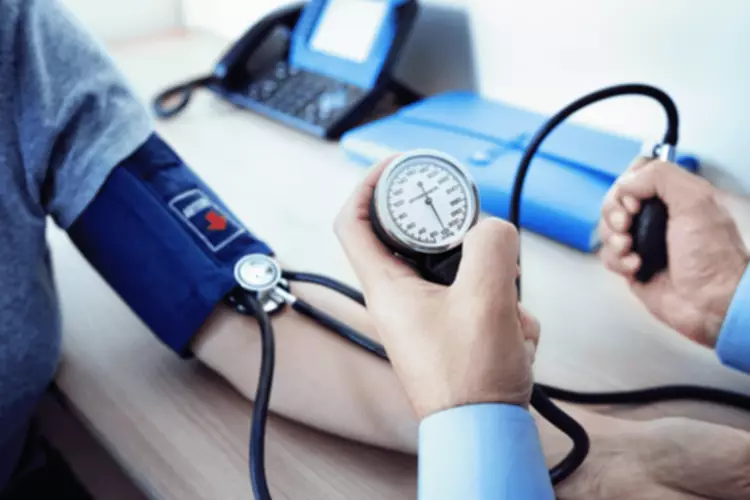
Since alcohol irritates the stomach, people who drink an excessive amount often vomit. Without a properly functioning gag reflex, there is a risk of choking on vomit, which could kill an unconscious person. A person’s breathing and blood circulation will be extremely slowed. Their motor responses and gag reflexes are nonfunctional, and their body temperature drops. If you think someone is experiencing alcohol poisoning, seek emergency medical attention immediately. Take action to protect your loved ones from an alcohol overdose.
Implications for Public Health Practice
If a person has generally consumed two to three drinks as a man or one to two drinks as a woman in an hour, they’ll enter the euphoric stage of intoxication. People who binge drink (drink more than five drinks in an hour) are also at risk for alcohol overdose. Know the danger signals, and if you suspect that someone has an alcohol overdose, call 911 for help immediately. Do not wait for the person to have all the symptoms, and be aware that a person who has passed out can die. Don’t play doctor—cold showers, hot coffee, and walking do not reverse the effects of alcohol overdose and could actually make things worse. It’s also important to remember that BAC can continue to increase as long as 40 minutes after your last drink.
Public Health
In addition to respiratory failure and accidents caused by its effects on the central nervous system, alcohol causes significant metabolic derangements. Hypoglycaemia occurs due to ethanol’s inhibition of gluconeogenesis, especially in children, and may cause lactic acidosis, ketoacidosis, and acute kidney injury. People who don’t have any major complications from alcohol poisoning typically have a good prognosis.
Hospital admissions

So, while it might only take four drinks for you to be legally intoxicated, it’d take quite a bit more to kill you. The Global status report on alcohol and health and treatment of substance use disorders presents a comprehensive overview of alcohol consumption, alcohol-related… You’ll need to go to hospital to be monitored if you have alcohol poisoning. It can cause serious complications, like liver and heart failure, which can be fatal. At a BAC of 0.45 percent or above, a person is likely to die from alcohol intoxication. Most people call this stage of intoxication being “tipsy.” A person’s BAC at this stage might range from 0.03 to 0.12 percent.

Deaths from excessive alcohol use
This can make it harder to keep track of how much alcohol you’ve actually consumed. If you think someone has alcohol poisoning, get them medical help as soon as possible. It can be hard to decide if you think someone is drunk enough to need medical help. But it’s best to take action right away rather than be sorry later.
Global status report on alcohol and health and treatment of substance use disorders
Because of the increases in these deaths during 2020–2021, including among adults in the same age group, excessive alcohol use could account for an even higher proportion of total deaths during that 2-year period. Teenagers and young adults who drink may be at particular risk for alcohol overdose. Research shows that teens and college-age young adults often engage https://ecosoberhouse.com/ in binge drinking and high-intensity drinking. Drinking such large quantities of alcohol can overwhelm the body’s ability to break down and clear alcohol from the bloodstream. This leads to rapid increases in BAC and significantly impairs brain and other bodily functions. Consuming alcoholic beverages leads to increases in your blood alcohol concentration (BAC).
Charitable Care & Financial Assistance
- The average person would have to consume 25 standard drinks to reach 0.40 percent BAC.
- As a result, the drinker can lapse into a coma, stop breathing, and die.
- It may seem like a person has to drink a lot to get to this stage.
- With no gag reflex, a person who drinks to the point of passing out is in danger of choking on their vomit and dying from a lack of oxygen (i.e., asphyxiation).
